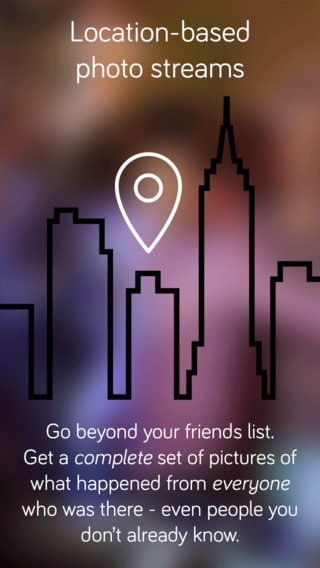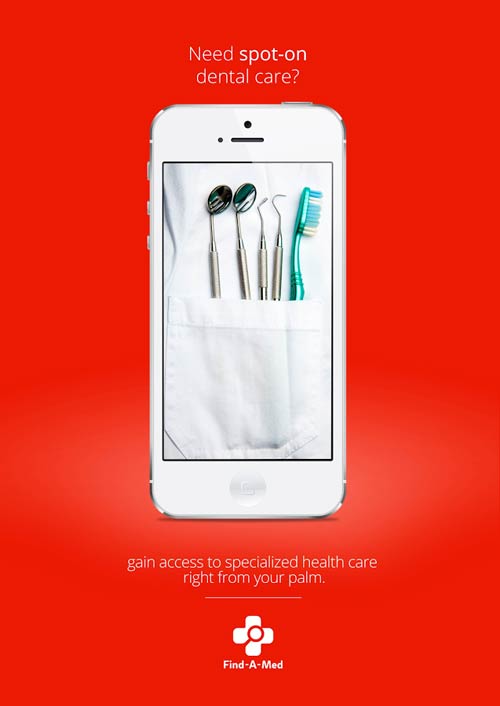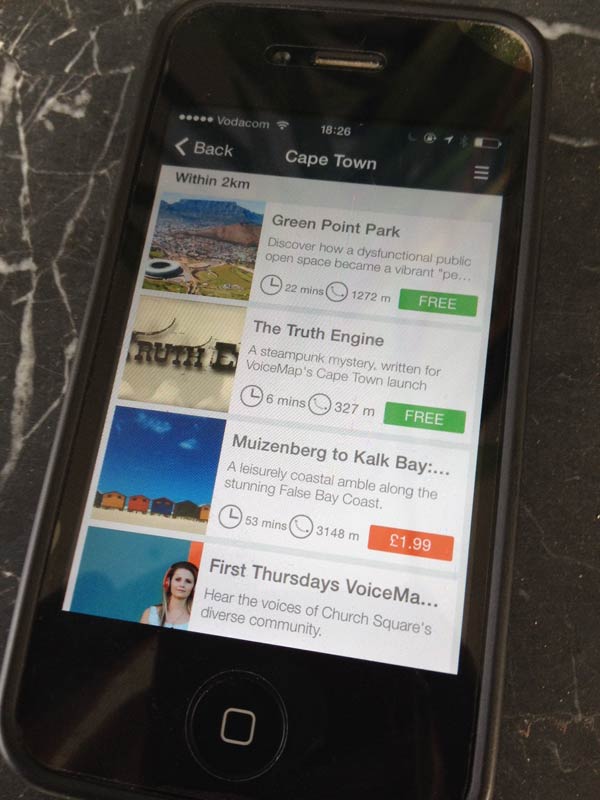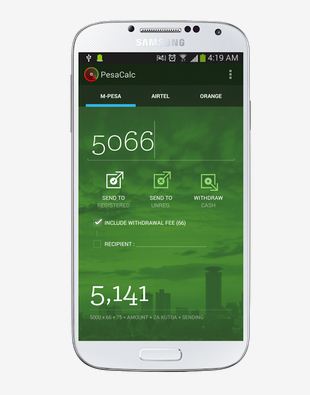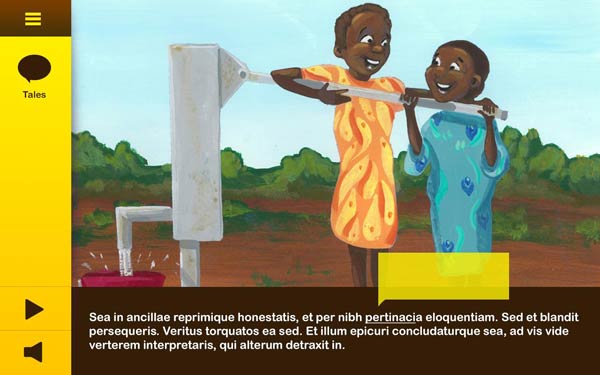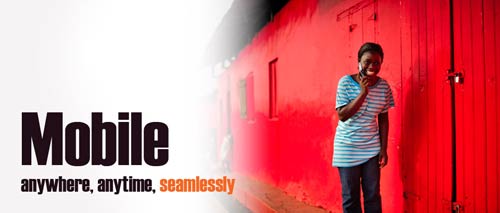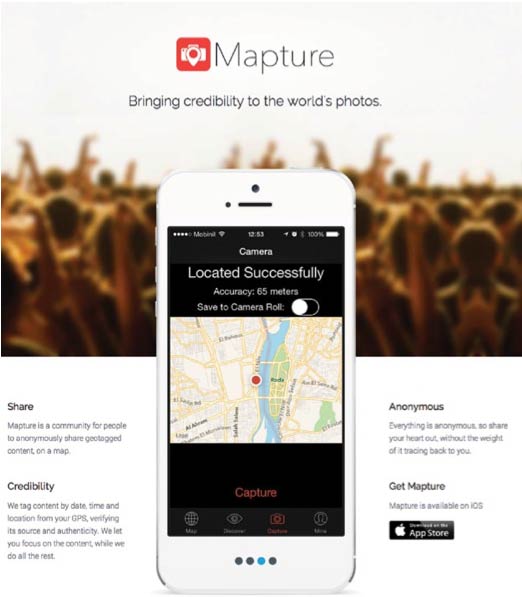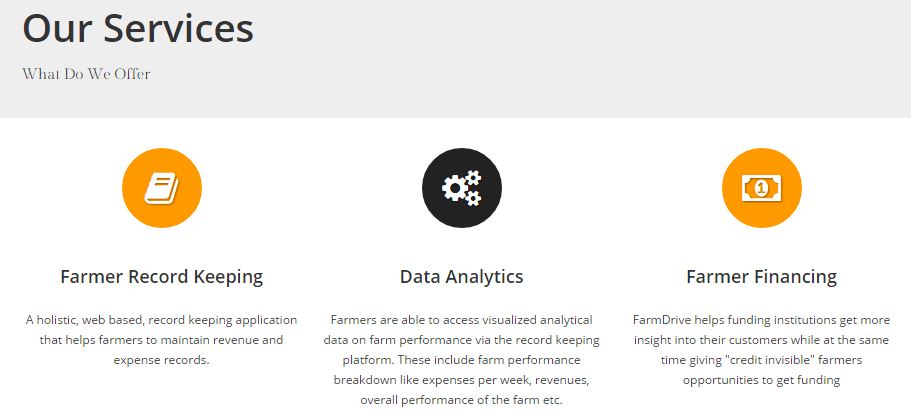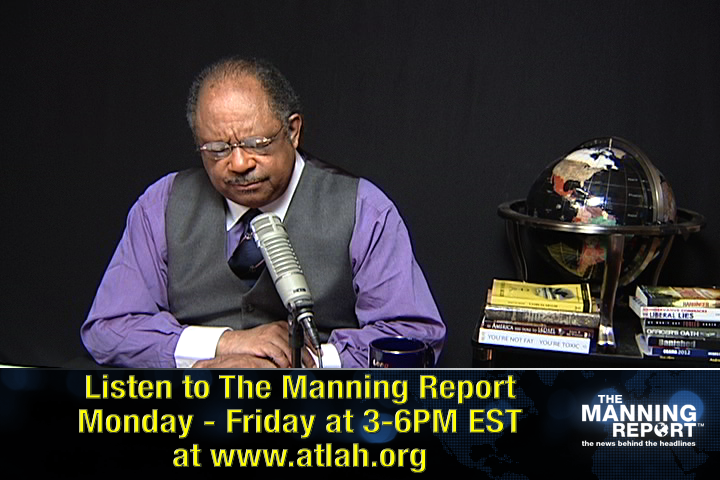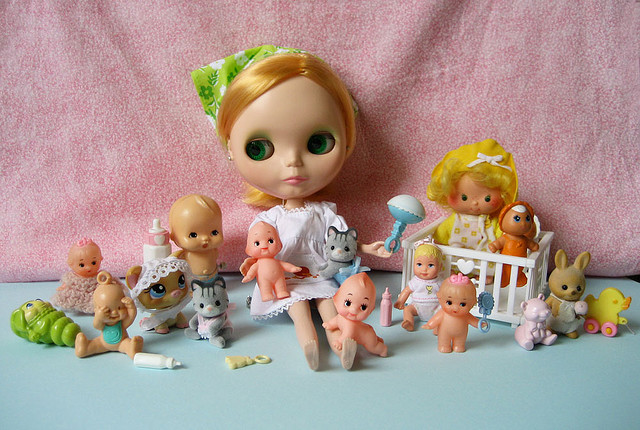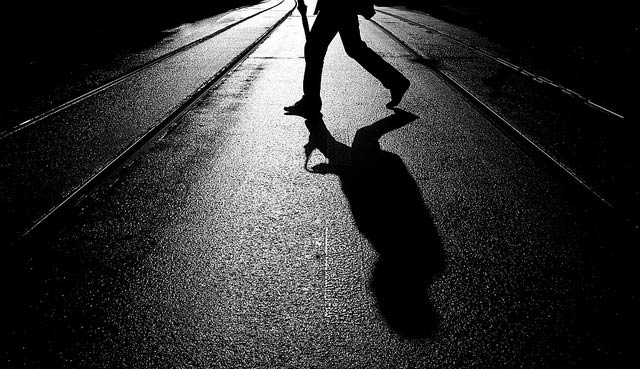
I can hardly remember a time before I was afraid of black men.
Maybe during those golden, fading afternoons when my father would play his guitar in the warm Namibian twilight or when my brothers would protect my sisters and I from the ever snarling neighbourhood dogs. Throwing large grey stones high into the air with a hiss of “Voetsek!” and a feint that would send the then massive beasts scampering down the road, through a gate and to a master who would toss the dogs treats for their trouble.
I must have been five or six at the time but a few years later I came to know that black men were trouble.
That when they walked alone or in ragtag, guffawing groups they were up to no good and should be avoided, run from or reported.
Growing up, we seemed to be warned against them at every turn.
We watched our mothers shrink away when passing lone ones at night and at school we were cautioned not to talk to black gardeners, menial staff and mine workers for fear of something our parents and teachers wouldn’t name but which we understood would end in some kind of personal and perpetual ruin.
Though lingering alongside any of these men would end in ear boxing, talking to young black mine workers was the way of the worst of us.
And, in Oranjemund, the mere suggestion that you had been in the vicinity of their single quarters would be met with a hiding far sharper than anything metered out for bad grades, messy rooms or backchat.
We stayed away.
And the large building where masses of black migrant workers would spend their time between work and short, shining trips back to their families in the North became a Mordor to be feared and skirted. Filled with dark, ostensibly bad men who could get us whipped faster than it took for us to whisper the name.
I obeyed.
We all did.
All us pretty pubescent girls, in our starched navy blue uniforms did as we were told except a few who eventually left school with their bellies swollen with children who would be claimed as their grandmothers’ after their real mothers were whisked away to Windhoek and returned looking much more like themselves.
So we ran away from the young men in their telltale blue overalls, we shunned and teased gardeners and menial workers from a careful distance but what I didn’t understand was why I should be afraid of people whose skin looked just like mine.
Why I should shy away from people who looked just like my father in the curling, yellow photographs my mum kept in a Quality Street tin on the top shelf of their bedroom. And why I was never told to do the same when faced with the overall-clad white men I’d see in town and on the bus or any of the white men of similar age, build and spirit.
I never got any real answer and I’m not sure my 12-year-old self ever felt the need to inquire, but when I moved from idyllic Oranjemund to bustling Cape Town, my fear grew as dark as the headlines which spoke of robberies and rape, murderers and menaces whose names clicked in my mouth like the sound of a door latch opening at night.
I grew wary.
I grew wary, worrisome and wicked.
Darting from one side of the road to the next whenever I felt I was being followed, hurling dirty looks over my shoulder at dark men who, to my mind, looked shifty and clutching my bag more tightly when walking past black men just going about their own days which were just as full of fear and foolishness.
Though, I know I was just trying to be cautious and I could rationalise my actions based on the merit of being safe rather than sorry.
Afterwards, it would make me feel ashamed.
I’d think about how people may see my brothers on a dark night on a lonely road and it made me sick to think that someone may be frightened of the gentle spirits who’ve done nothing but nurture me.
The brothers who taught me to read and who hurled stones at racist dogs before cheering my sisters and me up with apricots picked from a temperamental tree in our backyard.
The brothers who grew up to be the black men we are taught to fear often simply because they are male and black and this has become the default face of murder, menace, rape and robbery.
Seventeen years later my belated shame has changed my ingrained instincts not one bit.
I’m sitting alone on a restaurant patio at Old Mutual Plaza on a sweltering Monday afternoon and two shabby-looking black men make their way towards me and my drink sticks in my throat before I calculate how quickly I can get up and go inside without spilling my half-finished smoothie or offending them.
I make my measurements but I stay put.
I drink my smoothie slowly and pretend to look past them at the park but my heart is thumping in my chest saying: Stand up, stand up, stand up!
But in the interval it’s saying: Just sit, just sit, just sit.
I want to stay because I know they have done nothing wrong.
I want to stay because I know that wearing a hard life on your sleeve doesn’t mean you’re a criminal or a crook.
I want to stay because I am black and so are they and I am sick of judging black books by their covers.
But I don’t.
At four paces, I grab my bag and walk briskly into the restaurant and the staff looks alarmed at my sudden entry. One waitress even peers out at the two men and sees nothing amiss.
“Is there anything wrong?”
“No, it’s just…those men…I was alone.”
At this the three other waitresses burst out laughing. They tell me it’s okay and that one of the men is the first waitress’ brother who has come to take her home.
He’s her brother.
He’s MY brother.
I look out the window and he looks at me.
And he’s not laughing.
Instead he stares at me the way hundreds of black men have glared at me before when I have made the mistake of thinking the combination of their class, sex and skin speaks of their character.
When I’ve held my bag and darted into shops and crossed the road with skin just like theirs, kindred in my own infuriating assumptions to fend off.
The waitress’s brother doesn’t let me off.
He points at me and shakes his head and his companion gives me a glance that leaves me in no doubt that he is sick.
Sick to death of his shabby clothing connoting crimes.
Sick of his sun-kissed self being an instant indication of evil.
Sick of his sisters joining in the generalisations.
I pay my bill and walk out with my eyes to the ground and I hear the other man suck air through his teeth in disgust.
And that’s when the waitress’s brother suddenly smiles and says:
“ This is a very nice place. Did you have a good lunch?”
The smoothie was warm, too tangy and there were two ants floating at the top but, feeling frantic and forgiven, I smile back and say:
“Yes. It’s great. These ladies make the best smoothies in town.”
It’s a lie…
But so are a lot of things.
Martha Mukaiwa is a freelance arts, entertainment and travel writer as well as a weekly columnist living in Windhoek, Namibia in-between short, spirited sojourns in South East Asia. She is an avid coffee drinker, spring cleaner and cinephile with a love for all things hobo and happening. Follow her on Twitter: @marth__vader

